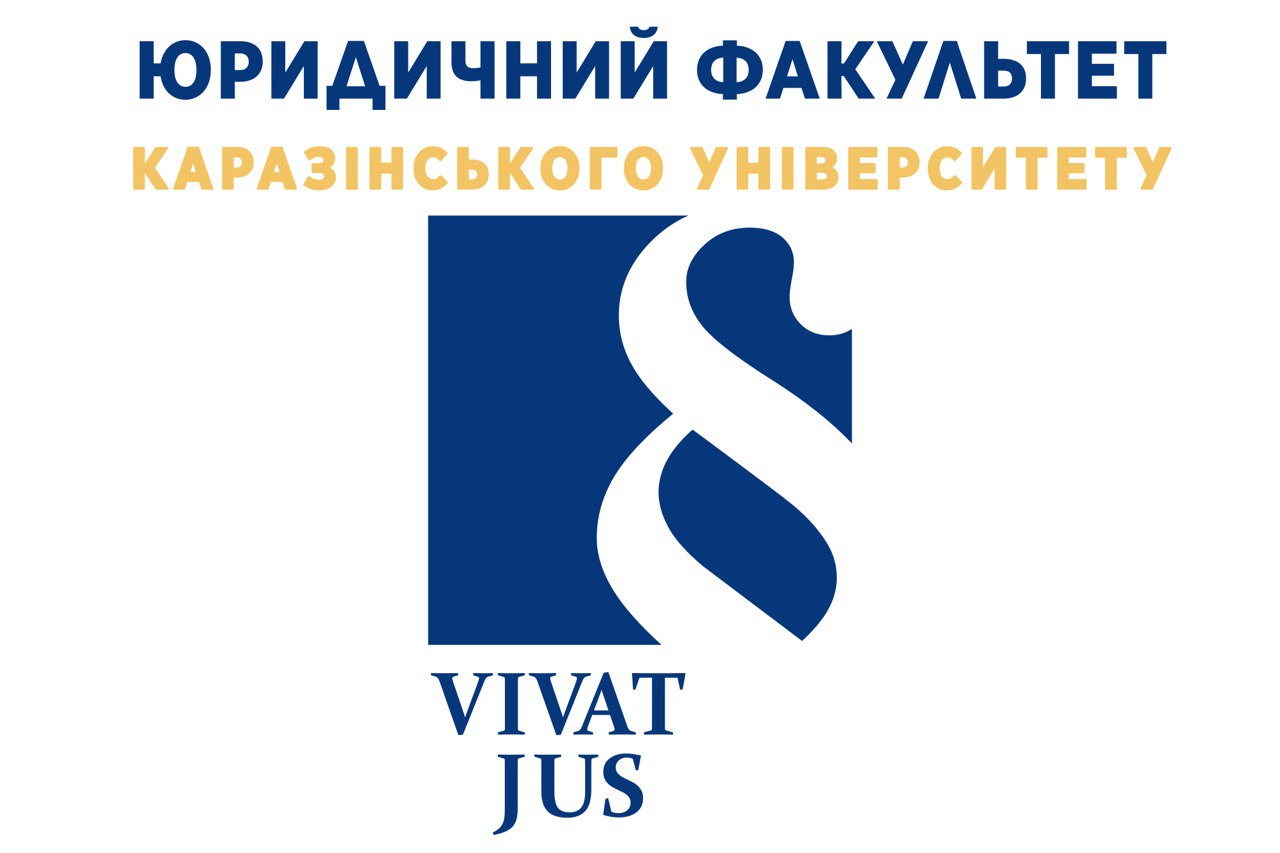Sociological research "Gender questions and gender answers"
About the research
The sociological research "Gender questions and gender answers: what do African students and their teachers say?" was conducted at V. N. Karazin Kharkiv National University in June 2023. The research was conducted in the form of an online survey using a structured questionnaire divided into different thematic blocks. 258 people took part in the survey, including 152 students, and 106 teachers.
The purpose of the survey is to identify existing weaknesses and shortcomings of the gender component in the educational process, with a particular focus on procedures and mechanisms for implementing gender equality in the higher education system.
Results of the study:
Gender in the university.
Among the surveyed teachers, most responses identified gender and sex; identification with social sex or social sex roles was rare. A few responses mentioned non-binary people and other gender identities in addition to men and women. A few answers interpreted gender equality as a special social order or a special characteristic of the perception of gender roles determined by society.
As for male and female students, the vast majority of answers were based on the identification of gender with sex. A few answers also referred to equal benefits, equal perception, and equal treatment of representatives of different genders. Students more often identify gender with the concept of "role," while teachers use the tags "social role" and "responsibilities." A noticeable number of students refused to answer this question (there were almost no refusals among teachers).
Gender equality and discrimination.
We decided to start this part of the survey with a proposal to teachers and students to try to define what gender equality is on their own. The definitions of gender equality of teachers and students can be generalized and systematized into five groups, four of which will be the same for both teachers and students:
- Equality of men and women in rights and opportunities.
- Equality of gender groups without detail.
- No discrimination/segregation by gender.
- No gender restrictions in a particular area: choice of profession, access to education, family affairs, career, self-realization, property, decision-making.
- Equality through freedom.
- Equality through justice and responsibility.
Ensuring equal conditions.
When asked what legislation regulates gender issues in Ukraine, about a fifth of the teachers honestly answered that they did not know; the same number said that the Constitution of Ukraine regulates these issues. The rest used the simplest tool: they made a Google search. As a result, more than half of the answers to the open question contained a list of laws with numbers and official titles. It is impossible to conclude teachers' level of awareness about the legislative regulators of gender issues based on such information. Predictably, foreign students answered that they knew nothing about Ukrainian legislation on these issues.
Teachers on gender aspects of work.
In general, about 70% of the teachers indicated that there is a gender bias in their departments. At the same time, almost all of them indicated that the shift is to some extent in favor of women; only 3% said that there are slightly more men in their department, and no respondents chose the option "there are significantly more men." Firstly, the teachers almost unanimously (98%) state that the gender factor is NOT important when hiring in their department. Secondly, almost none of the teachers (99%) are aware of cases of gender discrimination in the distribution of rates (remuneration) in their unit. Third, none of the teachers have personally experienced gender discrimination in the distribution of rates (remuneration) in their department. Fourthly, 79% of the teachers believe that it is neither easier nor harder for women to hold managerial positions than for men. The rest believe that it is more difficult for women to lead.
Key findings of the study.
Teachers are more likely to pay attention to such concepts as "European integration" and "legislation", which may indicate their perception of gender issues as an element of state policy, determined by the political vector of Ukraine's development. Gender issues are considered by teachers primarily in the context of European integration and official bureaucracy. At the same time, students in their open-ended responses pay more attention to the concepts of "emancipation", "harassment" and "political correctness", which may indicate their interest in aspects of gender-based violence and discrimination. Both groups of respondents emphasize the importance of socio-cultural aspects of gender. However, students pay more attention to social struggle and activism, as well as aspects of self-identity and individuality, while professors focus more on the institutional level of the problem.
The majority of respondents say they fully understand the meaning of the concepts of gender equality and gender discrimination. Moreover, teachers demonstrate confidence in the correct understanding of these concepts. In addition, 96% of teachers are confident that there have been no situations of gender discrimination in their departments. We can assume that such unanimity among teachers is because the respondents perceive the presence/absence of discrimination in the educational process as an element of the overall assessment of their (including) professionalism. Students in their responses demonstrate that cases of gender discrimination do occur - a total of 22% of the surveyed students have experienced them, 14% of them. In general, teachers are more inclined to believe that the university provides equal conditions for everyone, regardless of gender. This applies not only to the educational process but also to the process of organizing and paying for the work of teachers, as well as their career prospects.
Recommendations based on the study.
Identify specific goals related to raising awareness of gender issues, primarily for teachers; develop an action plan to explain the components of the university gender policy to them.
Develop curricula and conduct training for staff and students on gender equality, anti-discrimination, and creating an inclusive atmosphere. Familiarize students and teaching staff with possible mechanisms for combating gender discrimination and supporting gender equality.
Creating inclusive spaces. Providing platforms and events that facilitate the open exchange of ideas and experiences on gender issues, as well as support for diverse gender identities.
Regularly monitor and evaluate the effectiveness of measures and policies, adjusting approaches depending on the results.
Conducting regular research and monitoring data to identify inequalities and imbalances in gender indicators in the university community, will help identify problems that may arise and respond to them promptly.
Provide channels for feedback from students, staff, and other stakeholders.
The project has been implemented:







